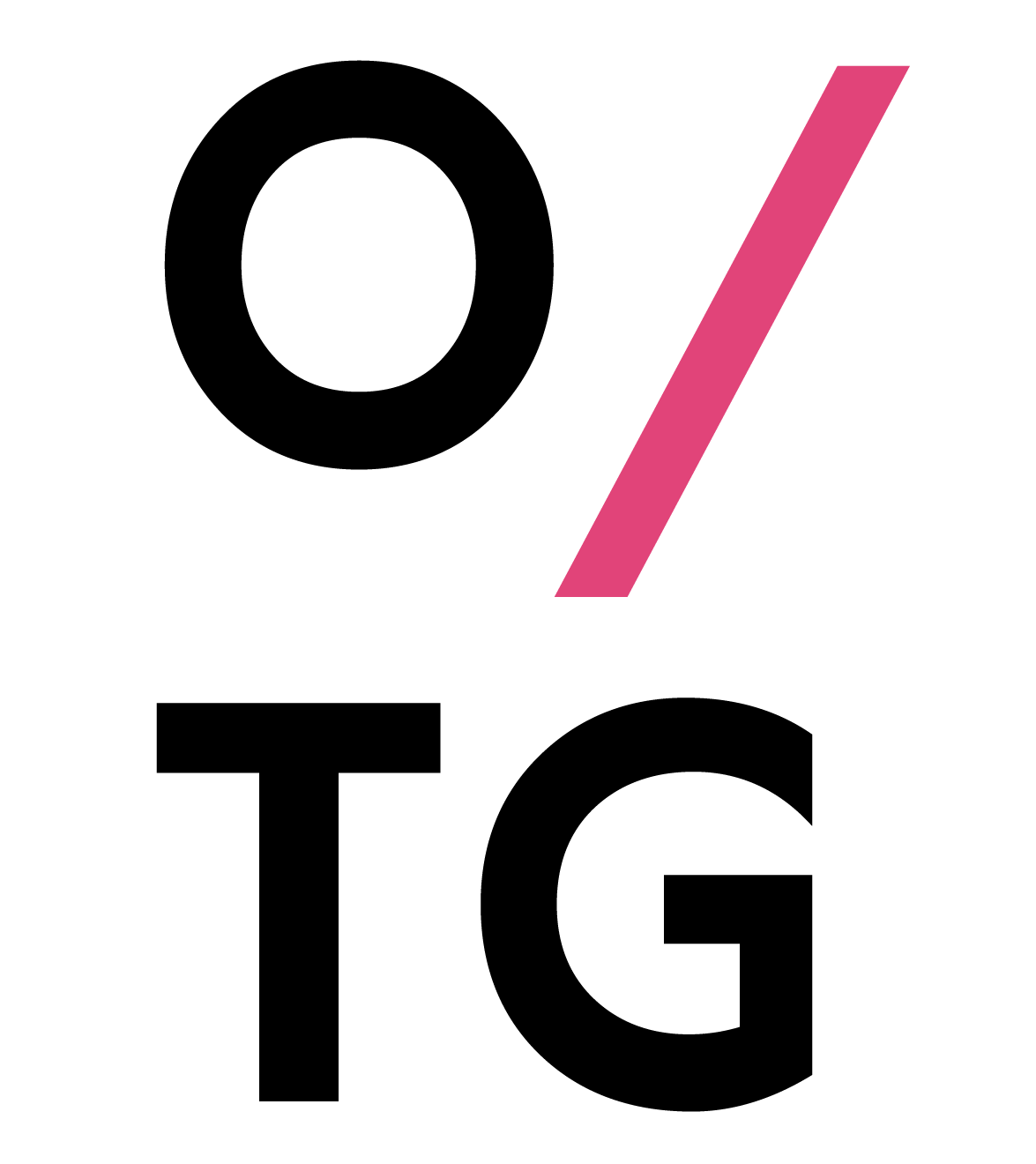Friday Fives
Friday Fives
A round up of five things that have caught our eye (or ear) this past week.
1. BRAND STRATEGY IN A BOX
Here’s a blatant plug for some friends of ours who have just launched a “brand strategy in a box” - Storytech. It’s an online platform that guides you through a do it yourself one day workshop to help you define your brand story and develop a strategy tell it. Spearheaded by brand storytelling expert James Hurman, it’s designed for startups and small businesses, with an affordable price to match ($500). Not only are the team behind this pretty epic humans in their own right, with a serious truck load of experience in this space, we were lucky enough to get a chance to test the product on the O/TG brand and can vouch for the value it adds.
Check it out at https://www.storyte.ch/
2. STRONG VS WEAK TECHNOLOGIES
Andreessen Horowitz is as close to a household name as VC firms can get, and their updates are always chock full of interesting insights about the worlds of software, startups, and innovation.
Chris Dixon, general partner at a16z (as they are known in Silicon Valley), looked recently at the difference between ‘strong’ and ‘weak’ technologies, and the broader historical pattern of new technologies usually arriving in pairs - a strong form and a weak form.
We’ve found this concept another excellent lens to consider when looking at startup ecosystems and companies. File it in your toolbox.
Read more here:
http://cdixon.org/2019/01/08/strong-and-weak-technologies/
3. THE MULTI GENERATIONAL CITY
Building vibrant, diverse communities is a foundational element of any healthy innovation ecosystem, so we tend to keep a watchful eye for any interesting things happening in this space.
Citylab’s ongoing series looking at ‘Finding Community’ is a great source on this one, and this week they look at how the lives of the young and the old rarely cross in many American cities, and ways in which not-for-profits aim to change this in Austin.
Startup land is often mythologised as the realm of young, hipster 20-somethings, but we’ve always felt strongly that better connecting retired, yet highly experienced entrepreneurs or business owners with the young and upcoming is something that needs to happen more often, and is an untapped opportunity in nearly every market we see.
Read more here:
4. WEWORK TAKING ON STARBUCKS
Love them or hate them - no one can deny Starbucks’ impact on the global coffee culture, not to mention being a convenient casual workspace (or “third-space - that place between work and home) for many. Pop into most any Starbucks and you’ll see laptops scattered and people huddled around powerpoints.
Enter stage left - and global coworking giant WeWork has a new on-demand service which is giving Starbucks in China a run for their money. WeWork Go lets Chinese users book desk space by the minute, with free coffee thrown in for good measure. We were particularly interested to see WeWork utilize WeChat instead of building a native app. A great way for startups to market test a new product in China. The WeWork Go concept is also set to roll out in Manhattan. An interesting one to watch.
Read more here: https://techcrunch.com/2019/01/28/wework-go-china/
5. FOUR DAY WORK WEEK
Henry Ford is credited with leading the charge on the five day work week in 1914 when the Ford Motor company adopted a 40-hour week. Concern for workers wellbeing and productivity was only part of the picture behind this - it was also driven from a more capital oriented point of view - that people needed to buy things for companies to make a profit and if workers had more free time and were relaxed they’d be more inclined to go shopping.
We now take the five day work week for granted. Until last year when we saw a New Zealand organisation lead a global conversation about what the future of work could look like - with Perpetual Guardian trialing, measuring and then implementing a four day work week. This has been very much driven from a productivity (and wellbeing) point of view - that workers could be more productive and achieve the same, or better results, working a shorter period of time.
We caught their founder, Andrew Barnes, at TEDx Auckland late last year who told the story of where the idea came from, their trial and the very successful results which saw them implementing it as standard across their workforce.
Watch here: https://tedxauckland.com/people/andrew-barnes/ and read more about the trial and results here: https://www.4dayweek.co.nz/

